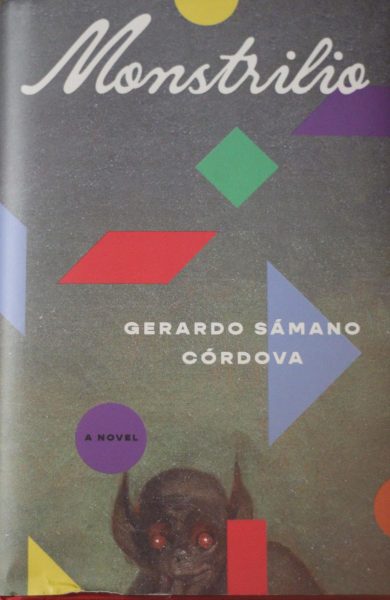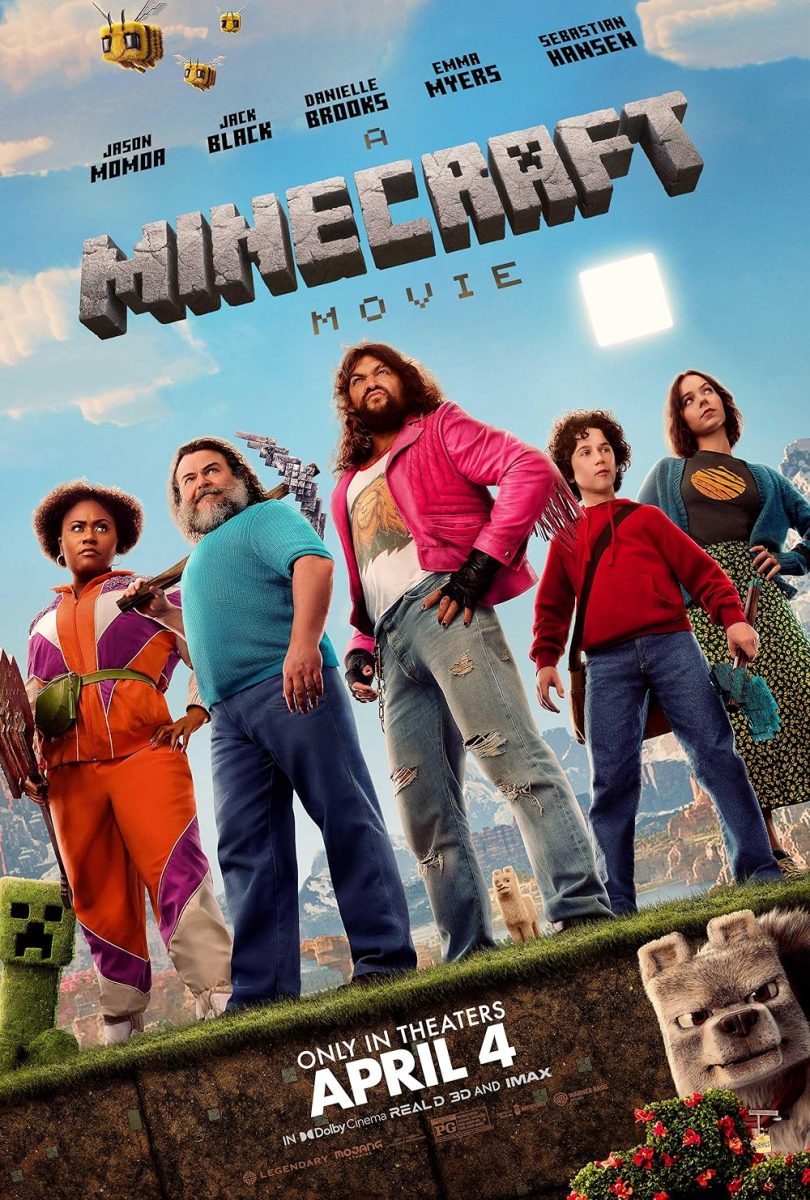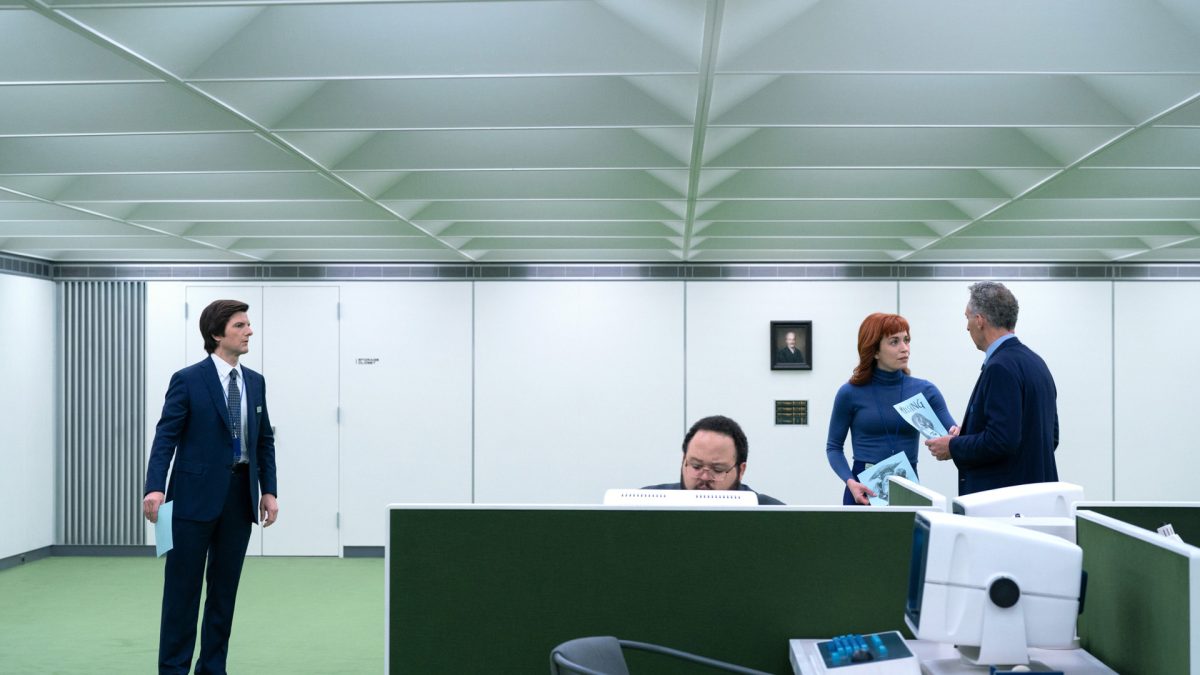
Horror as a genre has been a point of contention ever since consumable media was created. Some people love it, some people hate it, but there is something truly special about choosing to be frightened and the arts that bring horror to life. “Monstrilio” is a captivating Hispanic horror novel written by Gerardo Sámano Córdova that reflects the monstrous sides of love, loss and the grueling truth of grief with a captivating and vicious twist.
The greatness of “Monstrilio” is brought to life by the heavy influence of the famous “Monkey’s Paw”, written by W. W. Jacobs, with both stories holding a heavy theme of grief and family throughout the story. “Monstrilio” is a heartbreaking story of a husband and wife losing their late son, Santiago, to his lung deformity in a violent asthma attack. The wife, Mago, collects a piece of her late son and feeds him until he grows into a Monstrilio– a little monster. “Monstrilio” has similar notes to other popular horror novels with the same premise, such as “Pet Sematary” by Stephen King, but executes the plot better.
Córdova doesn’t sugarcoat Mago’s grieving process and makes her a wildly relatable character by having her process her loss in unique and original ways. The morbid coping of losing a loved one and the willingness to do anything to get them back is a thought that everyone has kindled at some point, and Mago’s grieving process is masterfully captured. Córdova makes a wonderfully gruesome detailed telling of Monstrilio, never shying away from the brutality of raising a little monster. After collecting a piece of Santiago, Mago starts to feed him, growing him into a monster with talons, a tail and sharp teeth. Monstrilio starts to grow more as he is fed by the family and eventually learns how to talk and begins to act more like a little boy. Córdova writes his horror novel in a stylized way where you see the story being told through the members of the family as Mago grows more obsessed with Monstrilio, giving the novel a brutally honest way of processing grief and love in an unhealthy way. Córdova masterfully involves desperation, reflecting on how far one will go to get their loved one back.
The most deplorable part of the book is the embarrassing attempt at romance. Córdova fails miserably at creating a meaningful romantic relationship between the characters, creating the driest love square I have ever read in a horror novel, and violent secondhand embarrassment when the characters interact. Most of the relationships end up feeling forced and “meta” in the sense of having characters of color with different sexualities that makes some of these characters feel more like “token characters” rather than being meaningfully thought out. The relationship between Mago and her husband, Joseph, holds no chemistry and Joseph is a spineless character that doesn’t add to the story. Monstrilio, or Eme, really isn’t that interesting despite being a monster and unfortunately possesses the same trait as his father, being less interesting than a wet paper towel. The attempt at romance does not take away from the overall plot of the novel, but it does add in unnecessary conflict at times when “Monstrilio” slows down.
Because of the basic reading level and modest 324 page length, “Monstrilio” could easily be turned into an A24 movie production and proves to be the perfect book for any reader wanting to get into the horror scene.







